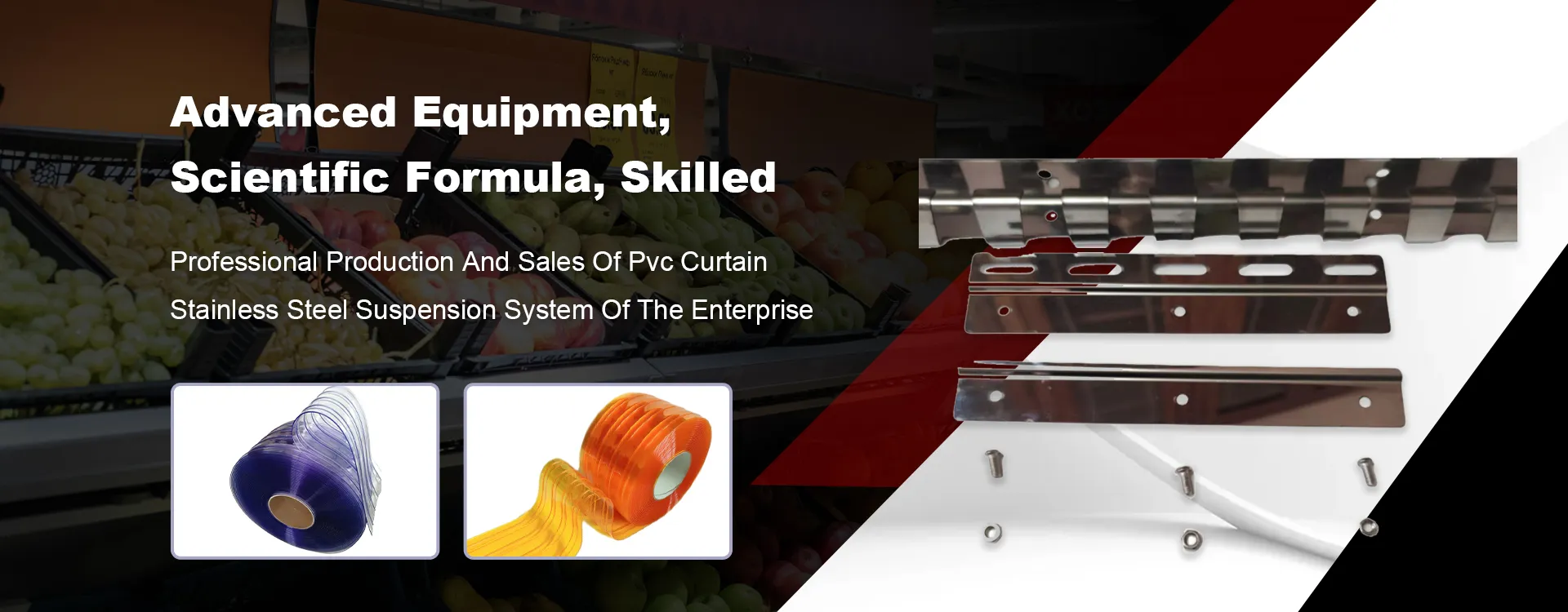Exploring the Versatility and Applications of PVC Plastic Sheets in Various Industries
The Versatility and Applications of PVC Plastic Sheets
Polyvinyl chloride (PVC) plastic sheets have become an indispensable material in various industries due to their unique properties and versatility. As one of the most widely produced synthetic plastic polymers, PVC is favored for its durability, resilience, and cost-effectiveness. This article explores the characteristics of PVC plastic sheets, their advantages, and the diverse applications across different fields.
Characteristics of PVC Plastic Sheets
PVC plastic sheets are engineered to exhibit excellent tensile strength and flexibility, making them suitable for a multitude of applications. They are available in various thicknesses, colors, and textures, enabling customization based on specific needs. One of the most remarkable features of PVC is its resistance to chemicals, moisture, and UV radiation, which ensures longevity and reliability even in harsh environments. Additionally, PVC sheets can be manufactured to be flame-resistant and self-extinguishing, adding an extra layer of safety in applications where fire hazards exist.
PVC sheets are also light in weight compared to other materials, which facilitates easy handling and installation. They are easy to cut, shape, and form, allowing for creativity and innovation in design. Moreover, the ease of maintenance associated with PVC—requiring just a simple wipe down to clean—further enhances its appeal to consumers and industries alike.
Advantages of PVC Plastic Sheets
The advantages of using PVC plastic sheets extend beyond their physical properties. Firstly, they are cost-effective, providing an economical alternative to traditional materials such as wood, glass, or metals. This affordability enables businesses to reduce production and material costs while maintaining quality.
Furthermore, PVC is a recyclable material, which aligns with the growing emphasis on sustainability in manufacturing and construction. The ability to recycle PVC sheets reduces waste and the consumption of new raw materials, making it a more environmentally friendly option.
pvc plastic sheet

Applications of PVC Plastic Sheets
The applications of PVC plastic sheets are vast and diverse, spanning across different sectors. In the construction industry, PVC sheets are commonly used for wall cladding, flooring, and roofing. Their moisture resistance makes them ideal for use in kitchens and bathrooms, while their insulating properties can enhance energy efficiency in buildings.
In the signage industry, PVC sheets are favored for their printability and durability. They serve as the perfect substrate for indoor and outdoor signs, including advertisements, banners, and directional signage. The vibrant colors and smooth finish allow for high-quality graphics that catch the eye.
Moreover, PVC sheets are extensively used in the automotive industry, particularly for interior applications. They can be found in upholstery, dashboards, and door panels, where their flexibility and durability enhance the aesthetic and practical aspects of vehicle design.
In healthcare, PVC sheets are employed for various medical applications, including sterile packaging and disposable items. The material's resistance to chemicals and ease of sterilization make it suitable for environments where hygiene is paramount.
Conclusion
In summary, PVC plastic sheets are a versatile material with a wide range of applications across many industries. Their durability, cost-effectiveness, and ease of use make them an ideal choice for construction, signage, automotive, and healthcare sectors. As technology advances, the potential for new applications will continue to expand, solidifying PVC's status as a staple material in modern manufacturing and design. With an eye toward sustainability, using PVC responsibly can contribute significantly to a greener future while meeting the demands of various industries.
-
Industrial Roll Up Curtains | Durable & Clear PVC SolutionsNewsAug.15,2025
-
Durable PVC Strip Curtains: Energy Saving & Dust ControlNewsAug.14,2025
-
Premium PVC Strip Hangers for Strip Curtains & FreezersNewsAug.13,2025
-
Durable Yellow PVC Curtains: Energy Saving & Clear VisibilityNewsAug.12,2025
-
Durable PVC Strip Curtain Hanger | Stainless Steel for DoorsNewsAug.11,2025
-
Durable & Flexible PVC Strip Curtain Track SystemsNewsAug.10,2025



